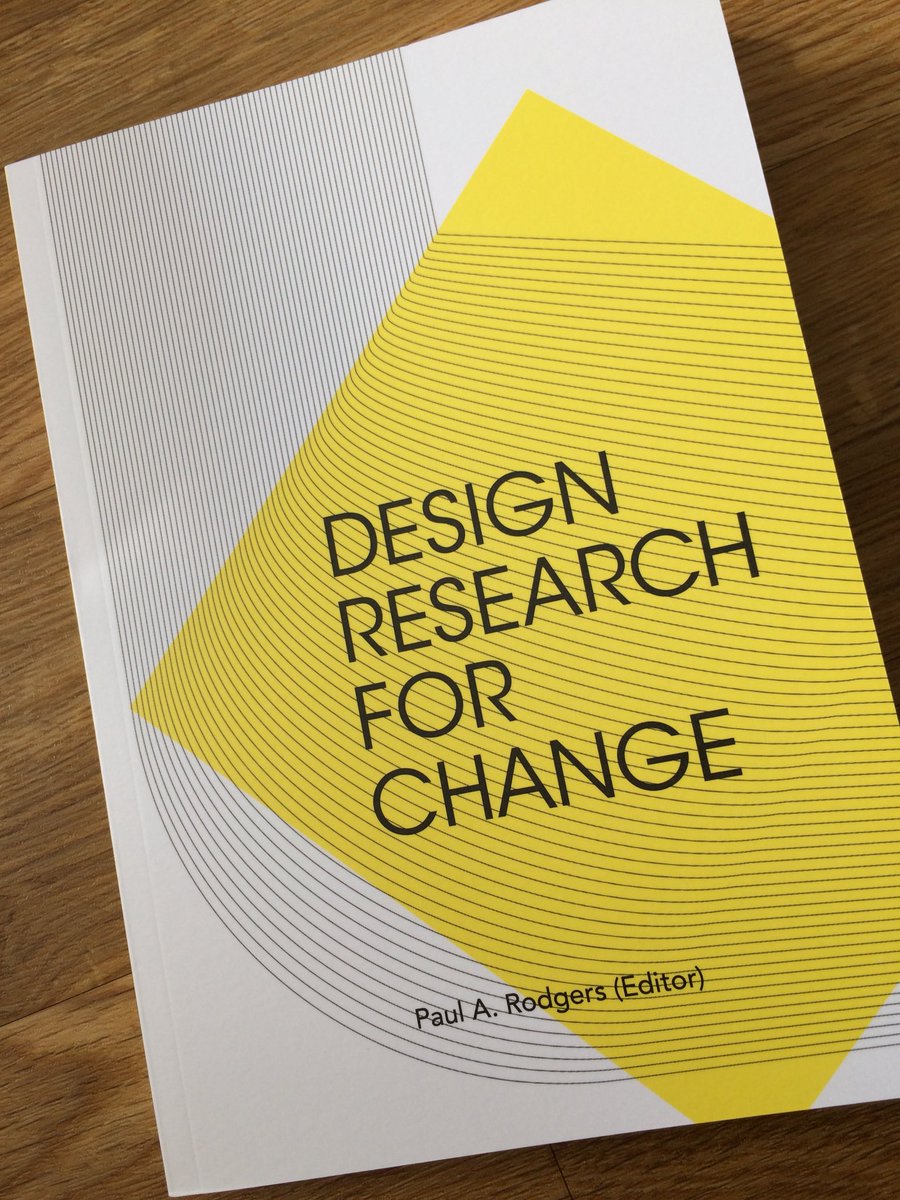How do we evaluate the value of social design?
This was one of the central questions to be addressed at the 2-day Design Research for Change symposium held at the Design Museum London, and we presented research based on current work.
Policymakers and the public sector increasingly turn towards social design to mitigate the urgent challenges of the welfare states. With public sector collaboration and funding comes a requirement of measuring and evaluating the change effect and impact of social design practices. Typically this requirement is premised on evidence-based ideals fitting well with neoliberal agendas and new public management. However, in the presentation we delivered at the symposium, we argued that there is a need for developing an evaluation culture to supplement this predominant model. The evidence-based model is primarily concerned with design outcomes, while neglecting how social value may manifest itself as what we call ripple effects from the fuzzy-front-end to the implementation and evaluation of a given design project.
Our presentation was based on an article, which together with a series of other researchers’ interesting work is published in the book, edited by Paul Rodgers.
Read more about it here

